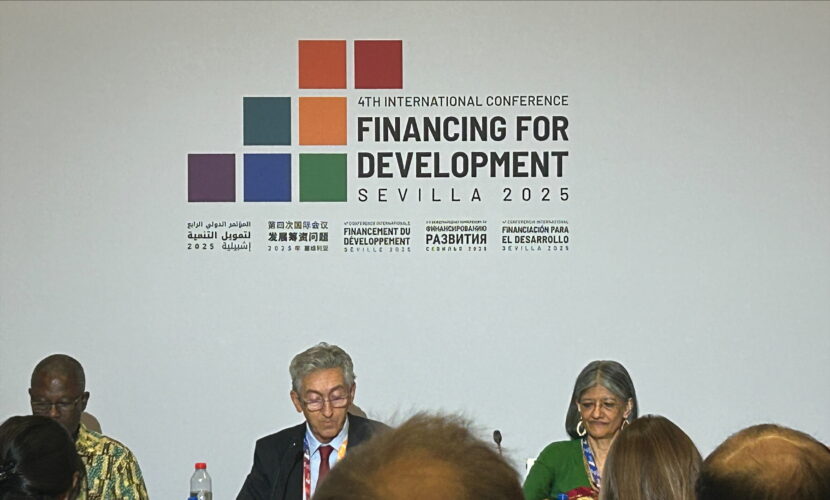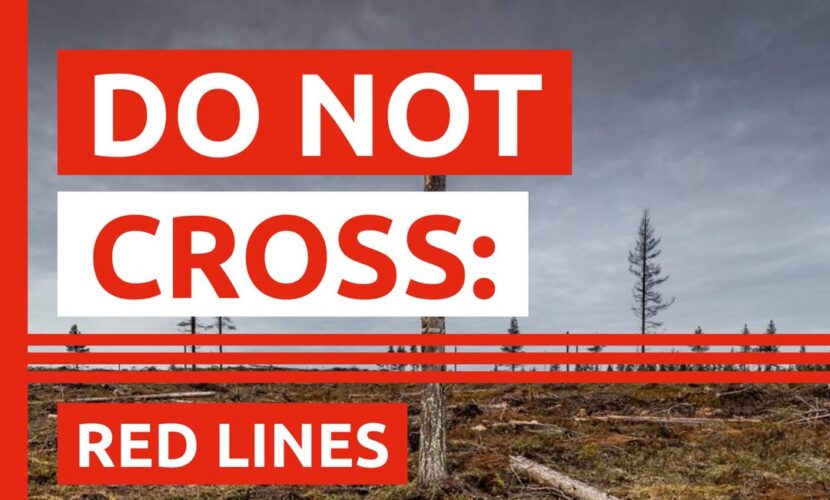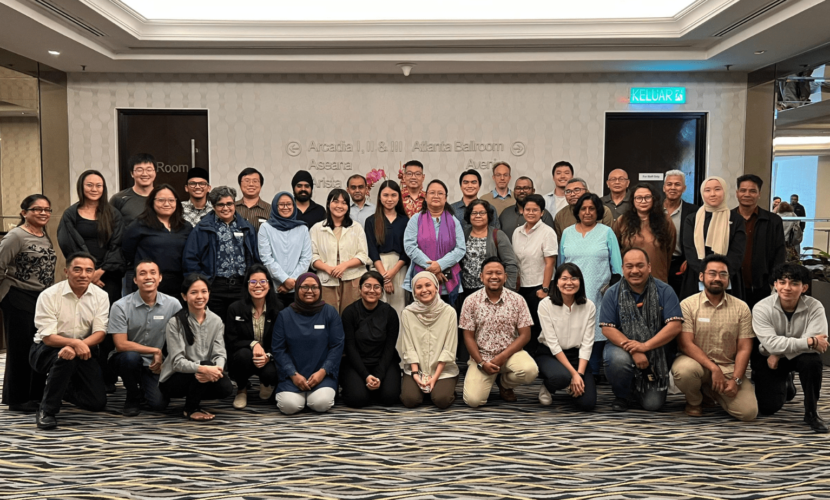News
The inaugural issuance of sustainable sovereign bonds requires expert assistance

The Brazilian Government announced that the National Treasury granted a conditional mandate to Itaú BBA, J.P. Morgan and Santander to assist the Treasury team in the inaugural issuance of sustainable sovereign bonds. The nominated financial institutions will provide technical assistance in the process of revising the Brazilian Framework for Sustainable Sovereign Public Bonds, the basis for the issuance guide for these bonds. The banks will also assist with the structuring of Brazil’s sustainable bonds and support the inaugural issuance of this type of public bond.
The Forests & Finance Coalition questions whether the nominated banks are the best actors to provide support in structuring an efficient Brazilian Framework for Sustainable Sovereign Public Bonds, as all three banks have weak policies when it comes to sustainability. The three banks also have a history of financing companies at high risk of deforestation, according to the Florestas & Financeira database.
The three banks have all the biggest Brazilian slaughterhouses among their main clients. Cattle production in the Amazon is the main driver of deforestation, and none of the slaughterhouses has full traceability of the chain, nor can it guarantee that it produces without deforestation. These three banks are profiting from deforestation caused by their clients and none of the three have adopted a strong policy prohibiting deforestation.
But deforestation is not the only weakness of these banks’ ESG policies. In the evaluation of the banks’ policies on 35 social, environmental and governance criteria, on a scale of 0-10, Santander obtained a score of 3.6, Itaú 2.8 and JPMorgan Chase only 2.1, indicating that none of the banks have social and environmental policies that are minimally suitable.
In order to manage public accounts efficiently and transparently, with guarantees of sustainability, ensuring fiscal balance and the quality of public spending, and not being a driver of climate change, it is necessary to open a public debate, with transparency, involving experts from civil society and academia, as well as financial institutions that have a proven track record in sustainability.









